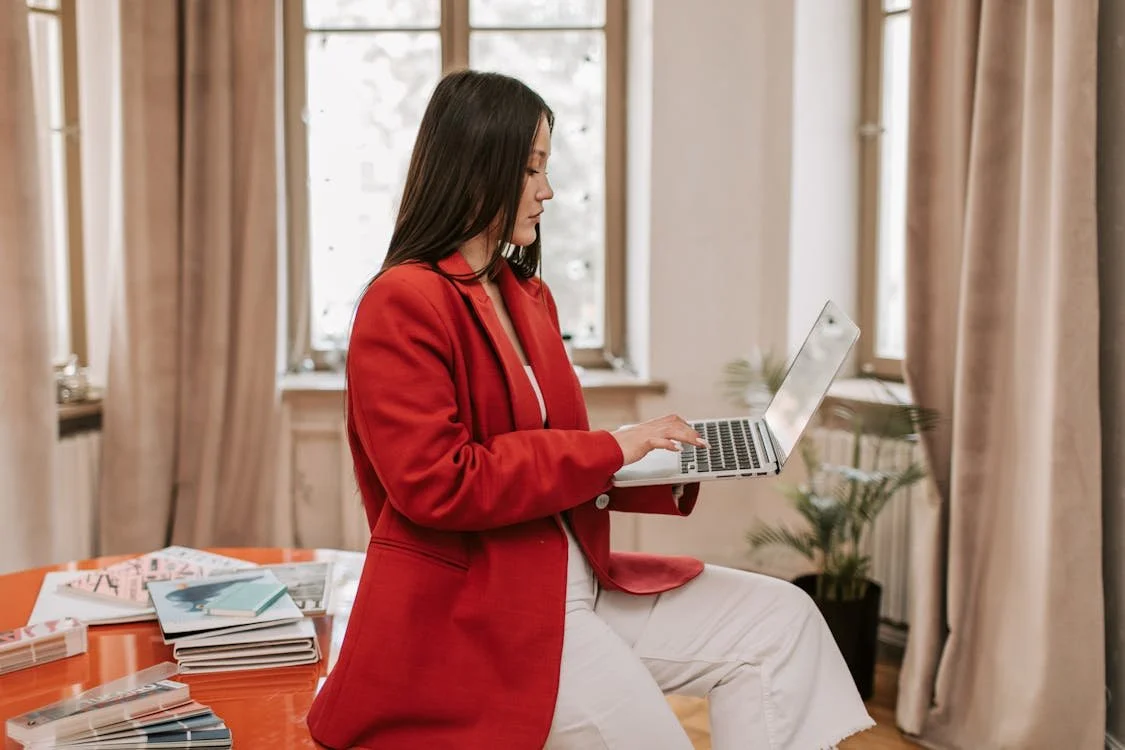Guide to Quarantine & Social Distancing
What is The Difference Between Quarantine & Social Distancing?
According to the CDC, quarantines are meant to restrict the movement of people who may have been exposed to a contagious disease to see if they become sick. These individuals are typically asymptomatic but have either traveled to an area with an active outbreak of the virus, or have had close contact with a laboratory-confirmed case of the Corona VIRUS (COVID-19). Self-quarantining allows health officials to closely monitor the development of symptoms, if any, while preventing further transmission of the virus. Those who are asked to self-quarantine are told to stay home and avoid contact with others for 14 days.
Given concerns about the spread of the virus, many are choosing to proactively avoid public places even if they are not sick. This is what the CDC defines as “social distancing’ or the act of avoiding locations or situations where close contact with others may occur. Unlike those who have self-quarantined, these individuals have not been exposed to the virus and are simply attempting to reduce risk of infection.
What to Do if You’re Quarantined or Practicing Social Distancing
Keep a morning routine.
Wake up, take a shower and have a healthy breakfast
Simulate a morning commute and incorporate exercise
Go for a 15-20 minute walk or run outside and fill up on fresh air.
Have a dedicated Workspace
If you’re working from home, have a dedicated workspace in your house to provide for some work/life separation.
Schedule breaks in your Calendar
Try to create a schedule and stick to it like that of your normal daily routine. It can be harder to remember to step away for a breather if working from home
Be mindful
Practice gratitude. Perhaps journal and/or meditate if that’s your thing. Be mindful that our ability to work from home is a privilege millions around the world don’t have.
For my fellow healthcare providers (dentists)
Work doesn’t have to be dentistry. If you own a practice, you can focus on the business/development tasks that you’ve been putting off. Perhaps send an email blast out to patients and interact on social media to keep them engaged. If you’re an associate you can help the owner doc field questions from concerned patients and “volunteer” to cover emergencies.
Virtual Hangouts
In an effort to stay connected, use FaceTime to interact with family and friends or even reach out and engage to your people on social media. You can have Instagram lives, google hangouts or even start a book club.
DON’T Stress
Be fair and honest with yourself about your feelings. Also, let facts inform your reactions and feelings (not fear). If the news and social media is causing anxiety or depression, consider unplugging for a day or two. If you consider that extreme, try limiting your access to credible news websites that you check once or twice per day.
Listen to podcasts or playlists
Do things that help you to relax, this is great for your mental health. Have an all-out jam session. I’ve created a spotify playlist.
Wash your hands and keep surfaces Clean
It goes without saying, but as a reminder - wash your hands frequently with soap and water for at least 20 seconds. If soap and water aren’t available, use an alcohol based hand sanitizer. Wipe down “high touch” surfaces, like countertops, doorknobs, phones, etc with household cleaners and wipes.











